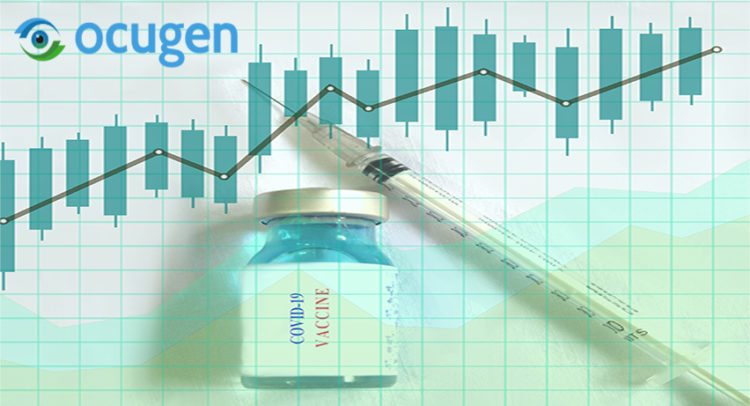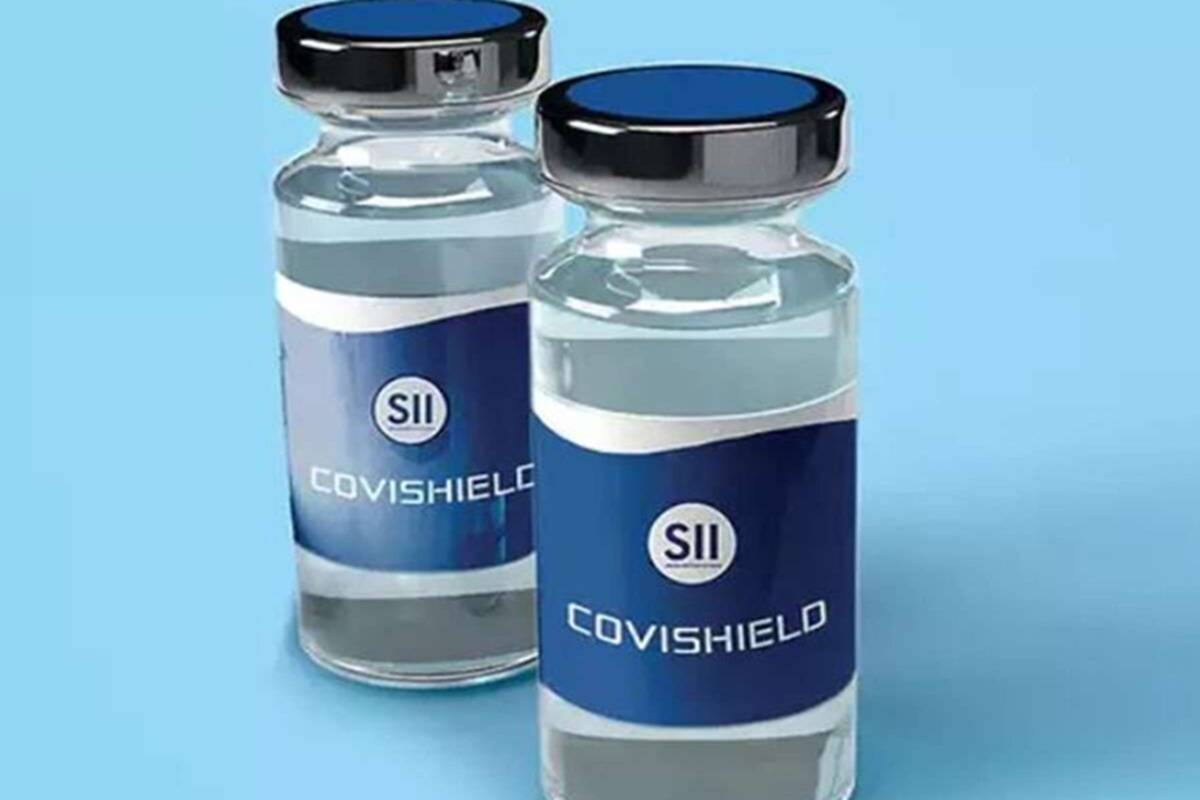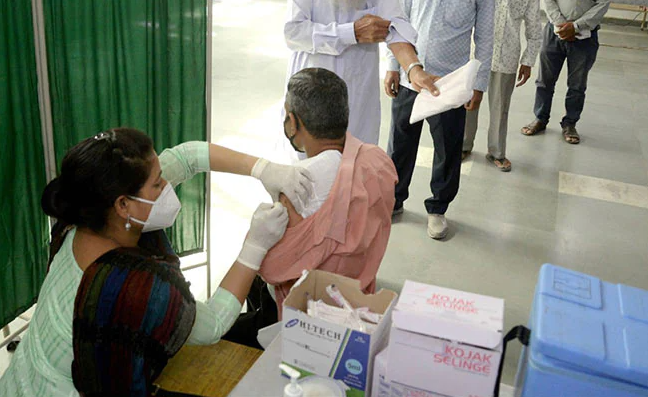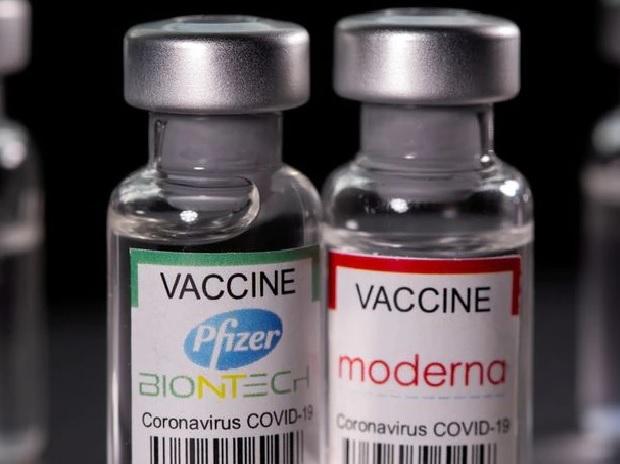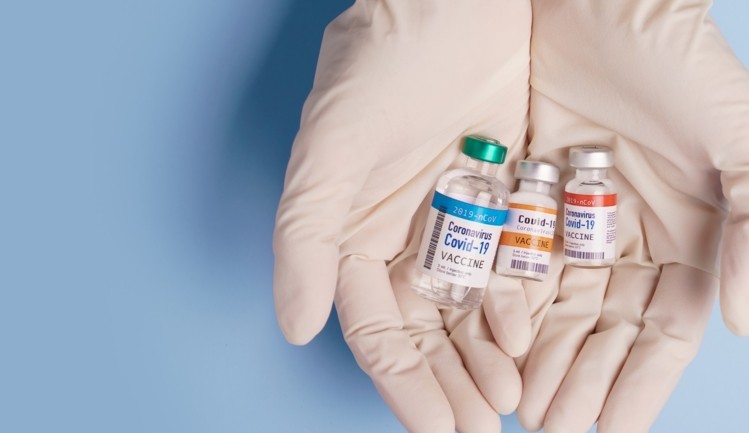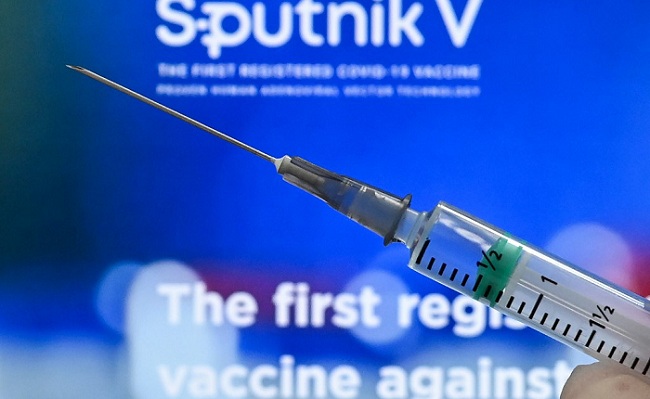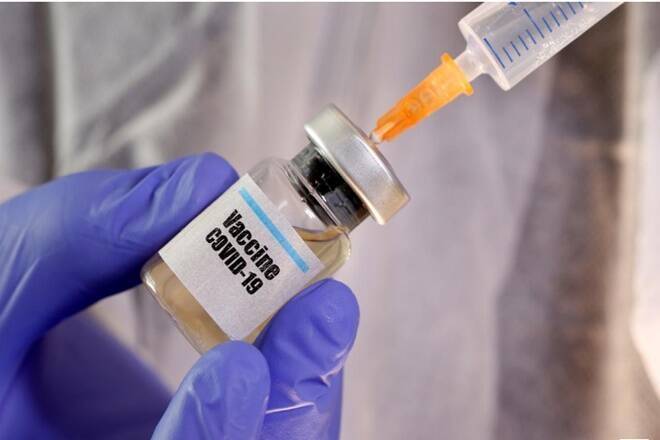Ocugen Inc is the US-based partner for Bharat Biotech’s Covid19 vaccine-Covaxin. The company with HQ at Malvern, Pennsylvania has announced the payment of $15 million upfront to the Indian drug maker for extending the vaccine rights to Canada. In a regulatory filing, Ocugen said that it has agreed to pay another $10 million to Bharat Biotech. It has been agreed that the payment would be made a month from the commercial launch of Covaxin in the North American country.
On June 3, Bharat Biotech said that it has agreed to expand the agreement with Ocugen Inc to commercialise the jab in Canada also. Ocugen Inc and the Indian biotech company have entered into a definitive agreement to co-develop, supply, and commercialise Covaxin for the US market.
Also See: New mutants of Coronavirus
On Monday, June 7, 2021Ocugen said, “The company further agreed to pay to Bharat a milestone payment of $10 million within 30 days of the first commercial sale of Covaxin in Canada.”
Shankar Musunuri is a co-founder of Ocugen. The company is working towards the submission of the emergency use application in the U.S. As per Musunuri, the company will simultaneously seek authorisation under interim order for emergency use in Canada. On profit sharing agreement between the two companies, Bharat Biotech had said that similar to the U.S. arrangement, Ocugen will retain 45 percent of the profit from sales of Covaxin in Canada.
Suchitra Ella is the Joint MD of Bharat Biotech. She said that regulatory approvals for Covaxin is in over 60 countries including the US, Brazil and Hungary while Emergency Use Authorisation has been obtained in 13 nations. In a statement on twitter, she said, “Application for EUL has been submitted to WHO-Geneva & regulatory approvals are expected by July-Sept 2021.”
Also Read: Indemnity from liability to be granted to vaccine manufacturers like Pfizer and Moderna
Rise and fall of Ocugen share-price
Meanwhile, Ocugen’s work towards commercialisation of the Bharat Biotech’s near-to-market coronavirus vaccine in US & Canada has seen mixed outcomes. At first the shares have surged as much as 700% from the start of the year to a peak in February. But, as per S&P Global Market Intelligence data, the shares have recently dropped by 31.1% in May. It has been interpreted that the investors were concerned because of the downward trend in Covid-19 cases in the United States. Another factor can be that Canada is slated to receive a substantial number of Pfizer and Moderna shots from US, which may be problematic for Covaxin-plan of Ocugen.
Also Read: US President Joe Biden announced vaccine distribution plans; Kamala Harris dialed New Delhi
That could hurt the chances for the company’s vaccine, which it is developing with India’s Bharat Bioscience.
A master file has been submitted by Ocugen to the U.S.FDA. The company will request Emergency Use Authorization this month and said that it will “simultaneously” request emergency authorization in Canada.
Vaccination scenario in Canada
Vaccination rollout in Canada has not been particularly smooth. The country does not produce its own vaccines, and has therefore relied on importing doses. There it has faced a lack of supply. US-based Moderna has filed for Health Canada authorization, for its Covid-19 vaccine to be used in adolescents. In a statement on Monday, the pharna-giant has said that results from a clinical trial in the U.S. last month showed their two-shot vaccine was effective in adolescents between the ages of 12 and 17.
As more Canadians get their first and second jabs, Canada is scheduled to receive 2.4 million doses of the Pfizer-BioNTech Covid-19 vaccine, this week. Those shots of Pfizer are the only expected shipments in what should be a comparatively quiet week of vaccine deliveries to Canada.


